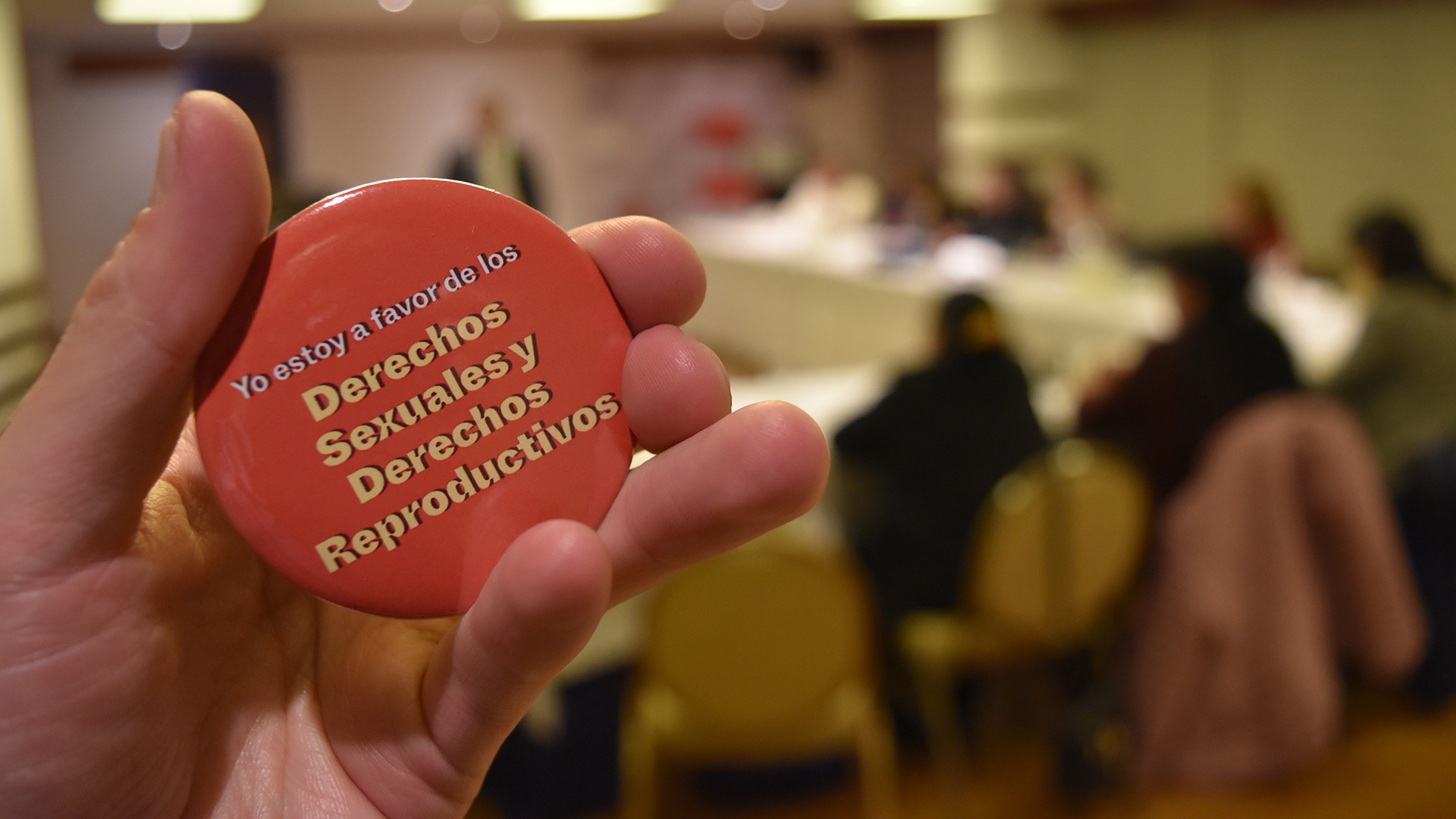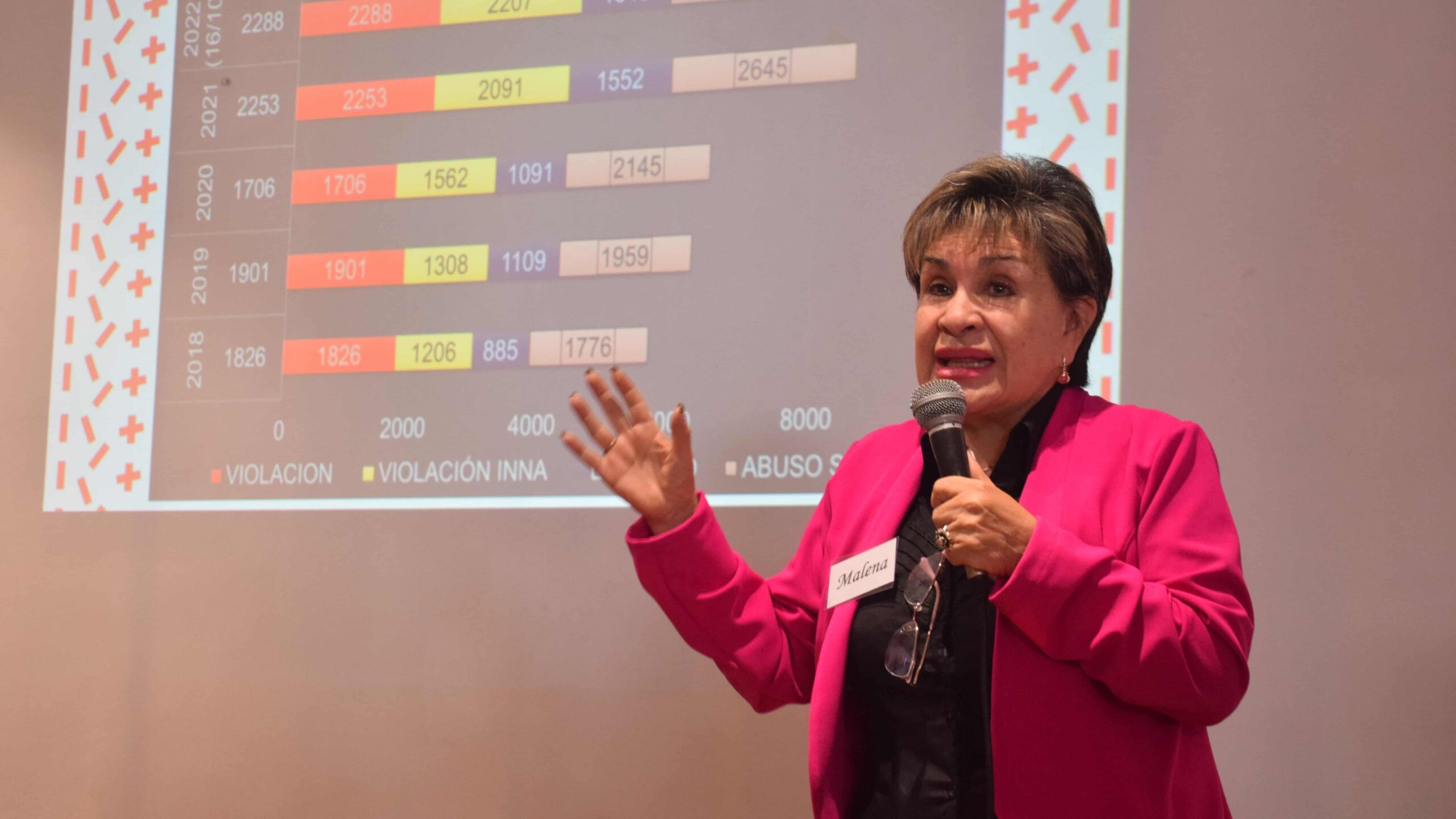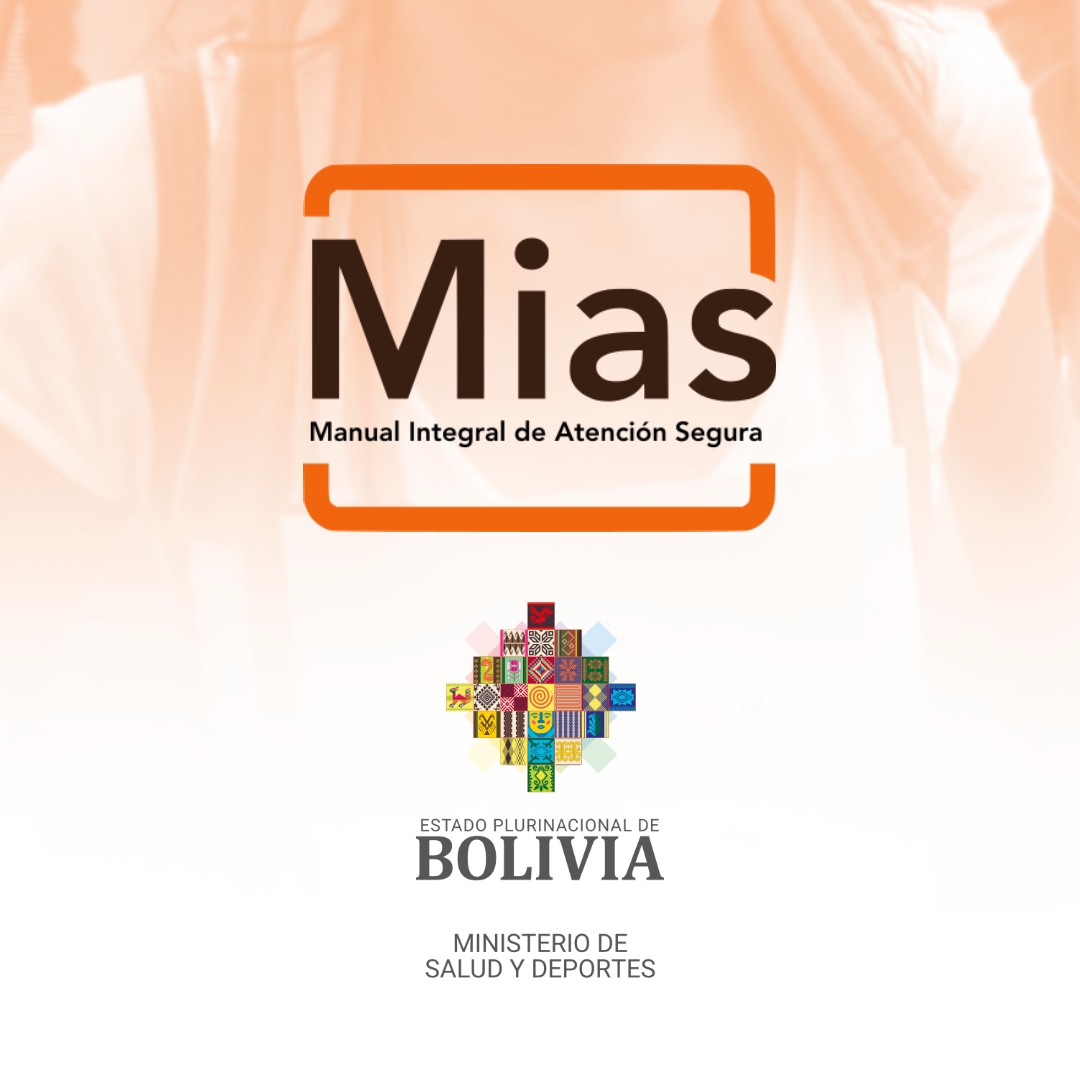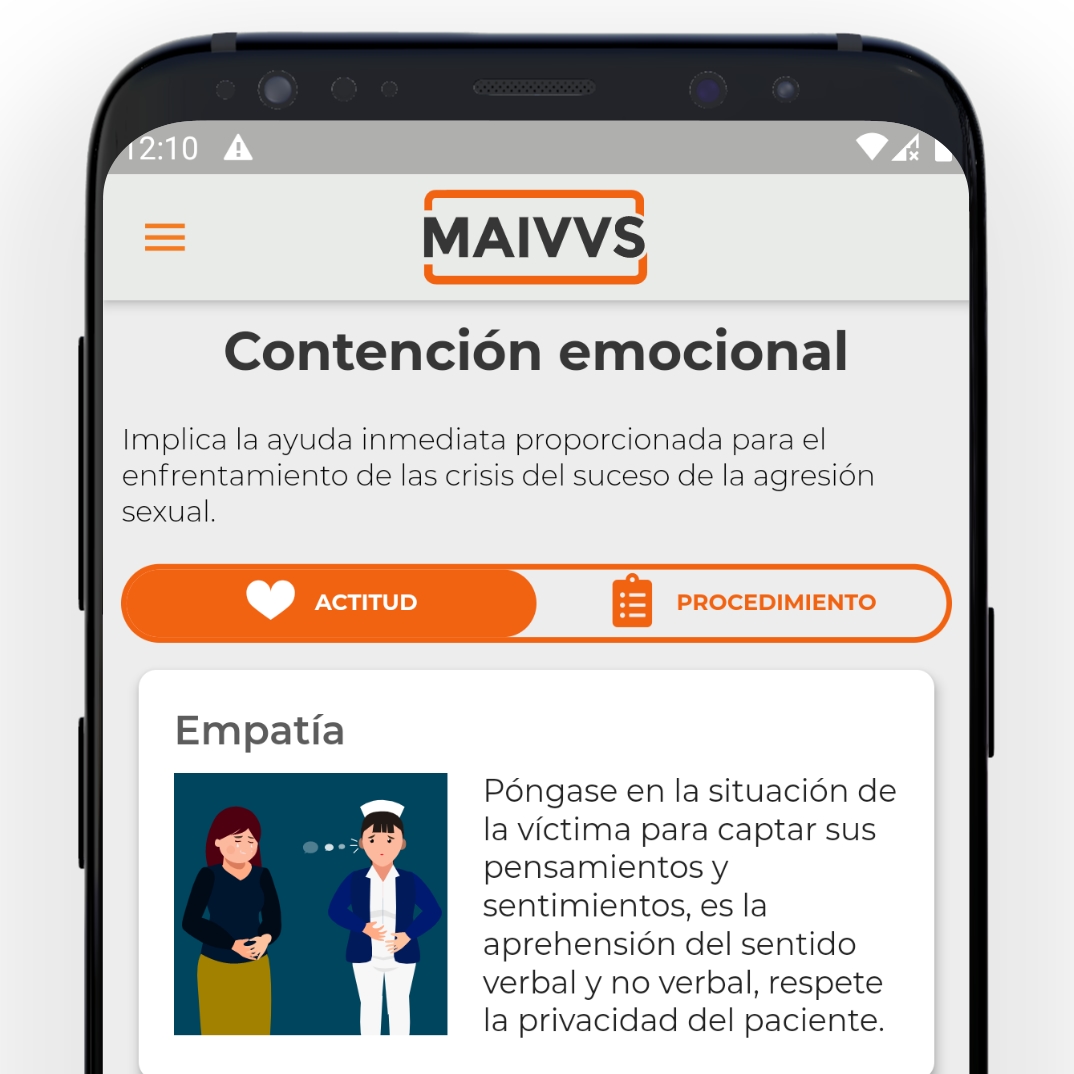IPS/Central Editorial Office
Some 39,000 women die each year as a result of the 25 million unsafe abortions performed worldwide, the World Health Organization (WHO) said Wednesday as it unveiled a new guide to help with such crucial care for women and girls.
“Almost all deaths and injuries resulting from unsafe abortion are entirely preventable. That’s why we recommend that women and girls be able to access abortion and family planning services when they need them,” said Craig Lissner, WHO’s Acting Director of Sexual and Reproductive Health and Research.
Most deaths occur in low-income countries; 60% in Africa and 30% in Asia.
WHO has explained that abortion is a simple and safe procedure when performed with a method appropriate for the stage of pregnancy, and by a person with the necessary information and training.
“Unfortunately, only half of the interventions of this type performed on the planet meet these conditions, thus causing tens of thousands of deaths and millions of women hospitalized for complications,” it was noted.
In order to end unsafe procedures, the new WHO guidelines include clinical practice, health care delivery, and legal and policy interventions to support quality abortion care.
The United Nations agency, based in this Swiss city, offers to assist interested States in implementing the guidelines and strengthening policies and programs for contraception, family planning and abortion services.
The more than 50 recommendations that make up the guide are based on scientific evidence and focus services on the needs of the person served.
These guidelines include simple interventions at the primary care level that improve the quality of abortion care, such as ensuring access to abortion pills and providing accurate information to women who require it.
They also include recommendations for the use of telemedicine, a tool that has helped support access to abortion and family planning services during the covid-19 pandemic.
Along with clinical and service delivery guidelines, WHO recommends removing medically unnecessary policy barriers to safe abortion, such as criminalization, mandatory waiting times, third-party approval requirements, and time limits for performing an abortion.
These barriers “cause critical delays in access to treatment and place women and girls at increased risk of unsafe abortion, stigmatization and health complications, as well as increased disruptions in education and the ability to work,” WHO noted.
A mixed picture
Although most countries permit voluntary termination of pregnancy in specific circumstances, some 20 nations consider it illegal in any case.
In addition, more than 75% of the countries impose legal sanctions that can include lengthy prison sentences or very high fines for those who undergo or assist with the procedure.
The countries and territories in Latin America and the Caribbean where abortion has been legalized or decriminalized are Argentina, Colombia, Cuba, French Guiana, Guyana, Mexico (in seven of its 32 federal entities), Puerto Rico and Uruguay.
The head of WHO’s Unsafe Abortion Prevention Unit, Bela Ganatra, said that “it is imperative that this procedure is medically safe, but it must also respect the decisions and needs of women and girls, and ensure that they are treated with dignity and without stigma and judgment.”
Evidence shows that restricting access does not reduce the number of abortions performed. On the contrary, when restrictions are in place, women and girls resort to unsafe procedures with often tragic results, according to Ganatra.
He specified that in countries with more restrictions, only 25 % of abortions are performed safely, while in those where the procedure is legal, safe abortions reach 90 %.
“The evidence is clear: if you want to prevent unwanted pregnancies and unsafe abortions, women and girls must be offered a comprehensive package of sexuality education, accurate family planning information and services, and access to quality abortion services,” Ganatra concluded.
The Argentine case
“Access to abortion in Argentina is very unequal and arbitrary. There is still no universal right in practice; legalization did not magically change things,” Ruth Zurbriggen tells IPS by telephone from Neuquén, who highlights the obstacles and arbitrariness that women still frequently encounter in accessing the right to abortion in the neighboring country, where it was legalized in January 2021.
Zurbriggen, a teacher by profession, is a member of Socorristas en Red, an organization formed by almost 60 feminist activist collectives from all over the country, which provides information and accompaniment to women who decide to have an abortion.
“There are many doctors who do not agree with legalization and who do not do what the law says. That is why we have already identified the health centers where there are professionals who are friendly to those who want to have an abortion,” Zurbriggen explains.
Abortion was included in the Argentine Penal Code for almost a century. Although in 2005 dozens of organizations launched the Campaign for the Right to Legal, Safe and Free Abortion to promote decriminalization, the debate seemed to be excluded from the political agenda until a few years ago: dozens of bills were presented, but none passed the necessary parliamentary procedure to enable a vote in the National Congress.
Everything changed abruptly in 2018, when -amid massive popular demonstrations in favor and against-, the issue reached the legislative chamber. Then, the Chamber of Deputies approved the initiative and the Senate narrowly rejected it. In a second attempt, the decriminalization of abortion was approved by the legislators on December 30, 2020 and came into force on January 24, 2021.
Today, Law 27,610 establishes the right to free abortion for all women up to 14 weeks of gestation, without being asked for any reason. The right has no time limit for those pregnant women whose life or health is at risk or who have been victims of rape, which are the grounds for non-punishable abortion that were already in force before the law.
Since the law came into force and up to November 30 last year, 32,758 abortions were performed in the public health system, according to the Ministry of Women, Gender and Diversity, which promotes the performance of abortions by the two methods indicated as safe by the World Health Organization (WHO): with medication or through manual vacuum aspiration (MVA).
“It is too early to analyze the numbers, but what we have to value is that there are 32,758 women who did not die in a clandestine abortion or did not have to go ahead with a pregnancy they did not want,” says Celeste McDougall, teacher and member of the Campaign for the Right to Legal, Safe and Free Abortion.
Bolivia and the Penal Code misstep
Abortion is still a crime in Bolivia, although there are grounds for decriminalization already included in the Penal Code inherited from the dictatorship of Hugo Banzer. These are cases of rape and vital risk to the mother or fetus. The safeguard is that it is tolerated up to 8 weeks, although in this regard the Constitutional Court has issued jurisprudence indicating that abortion should be allowed under these circumstances, even after that time.
On many occasions it is reported that there is no one who performs legal termination of pregnancy in spite of the regulations, so hospitals are reminded that they must find someone who does so regardless of conscientious objection.
In 2018, an attempt was made to modify and expand the assumptions of decriminalization of abortion, including socioeconomic and family planning variants, by modifying the article in the penal code, however, strong mobilizations ended up overturning that project and the figure was maintained.
Colombia, the last country to give the “green light”.
The Colombian Constitutional Court ruling of February 21, 2022 decriminalizing abortion during the first 24 weeks of pregnancy was hailed as a historic achievement by human rights organizations.
“We celebrate this ruling as a historic victory for the Colombian women’s movement that has fought for decades for the recognition of their rights,” said Erika Guevara Rosas, hemisphere director at AI.
The Court, with five votes in favor and four against, decriminalized abortion up to 24 weeks of gestation, and maintained it as a criminal matter for the remainder of the pregnancy, except in cases of rape, fetal malformation or risk to the mother’s life.
The ruling was in response to a lawsuit introduced and encouraged since 2020 by Causa Justa, a coalition of 90 women’s rights organizations and groups.
Causa Justa “has no doubt that this great achievement has been the result of an enormous collective work of women and organizations throughout the country,” celebrated physician Ana Cristina González, one of the leaders of the coalition.
For lawyer Mariana Ardila, representative in Colombia of the organization Women’s Link Worldwide, which promotes abortion rights, the ruling “is historic, and puts Colombia at the forefront in Latin America”.
The “green tide” promoting abortion rights in the region has had recent successes in Argentina and Mexico. The countries and territories in the region where abortion rights have been legalized or decriminalized are Argentina, Colombia, Cuba, French Guiana, Guyana, Mexico, Puerto Rico and Uruguay.
In other countries there is a range of grounds for the criminalization of abortion, and it is prohibited without exception in the penal codes of El Salvador, Haiti, Honduras, Nicaragua and the Dominican Republic.
Guevara Rosas said that “after the legalization of abortion in Argentina last year and the recent decriminalization in Mexico, this ruling is yet another example of the unstoppable momentum of the green tide in Latin America”.
He insisted that “women, girls and people with gestational capacity are the only ones who should make decisions about their bodies. Now, instead of punishing them, Colombian authorities will have to recognize their autonomy over their bodies and their life projects”.
According to NGOs and local media, in Colombia, with a population of 51 million inhabitants, up to 400,000 abortions are registered every year, and less than 10% are performed in facilities with all health guarantees, making voluntary termination of pregnancy the fourth leading cause of maternal mortality in the country.















